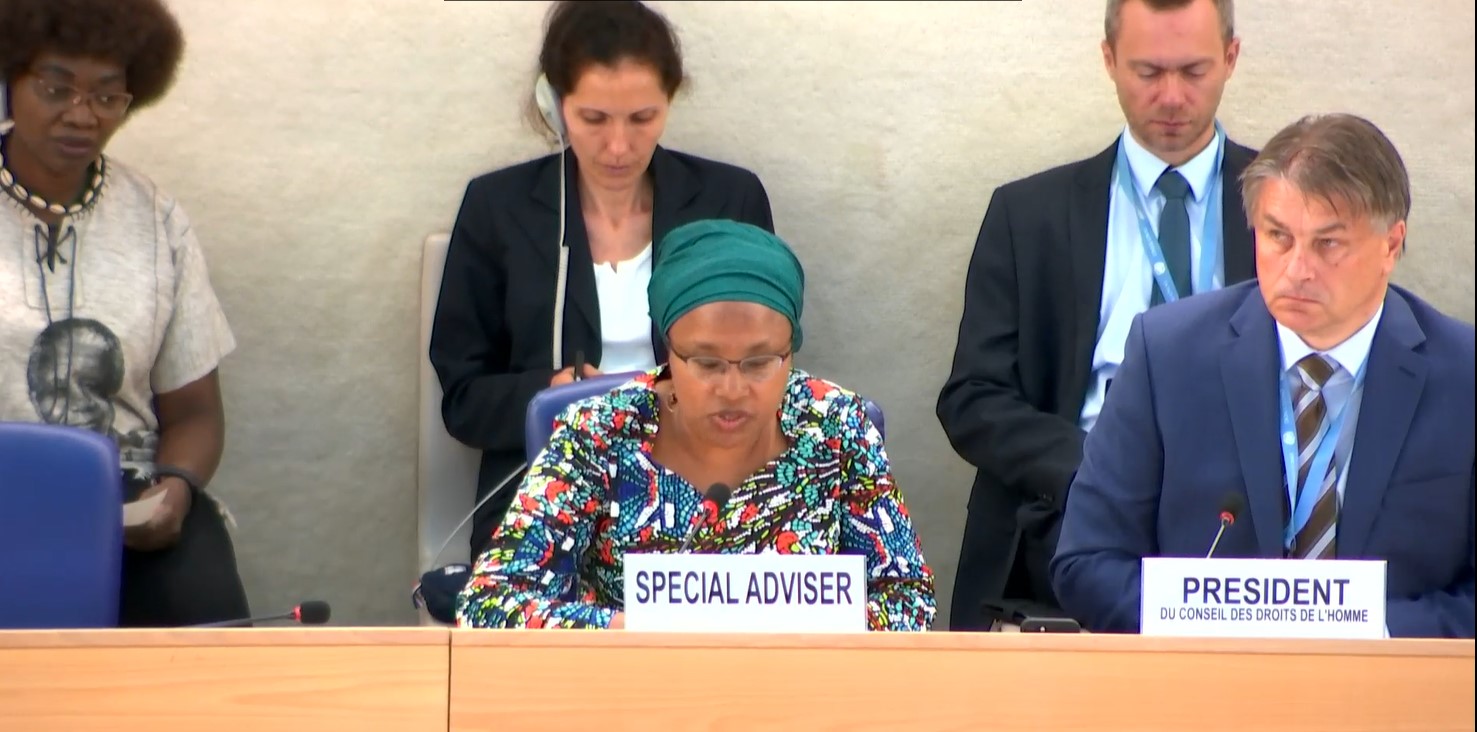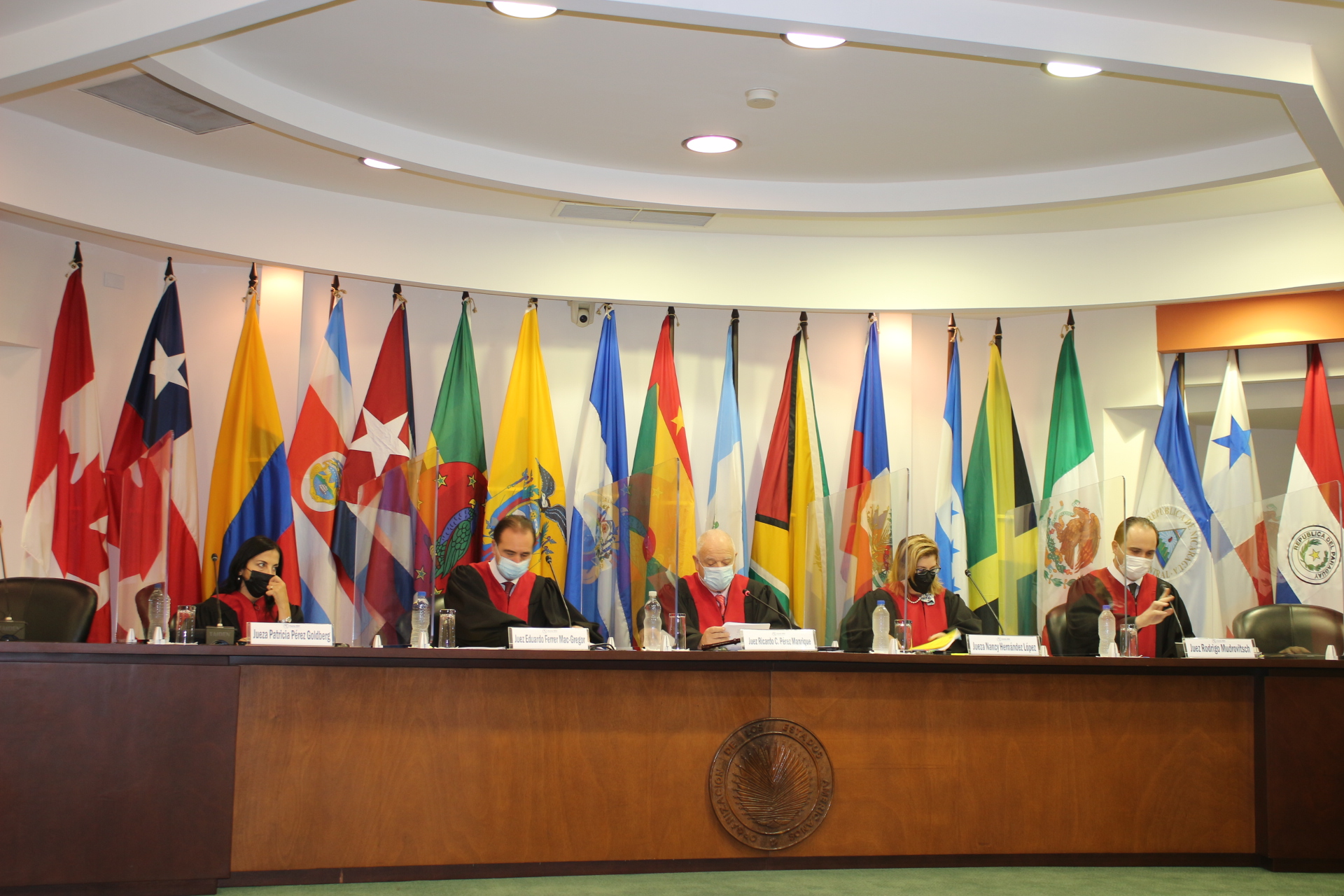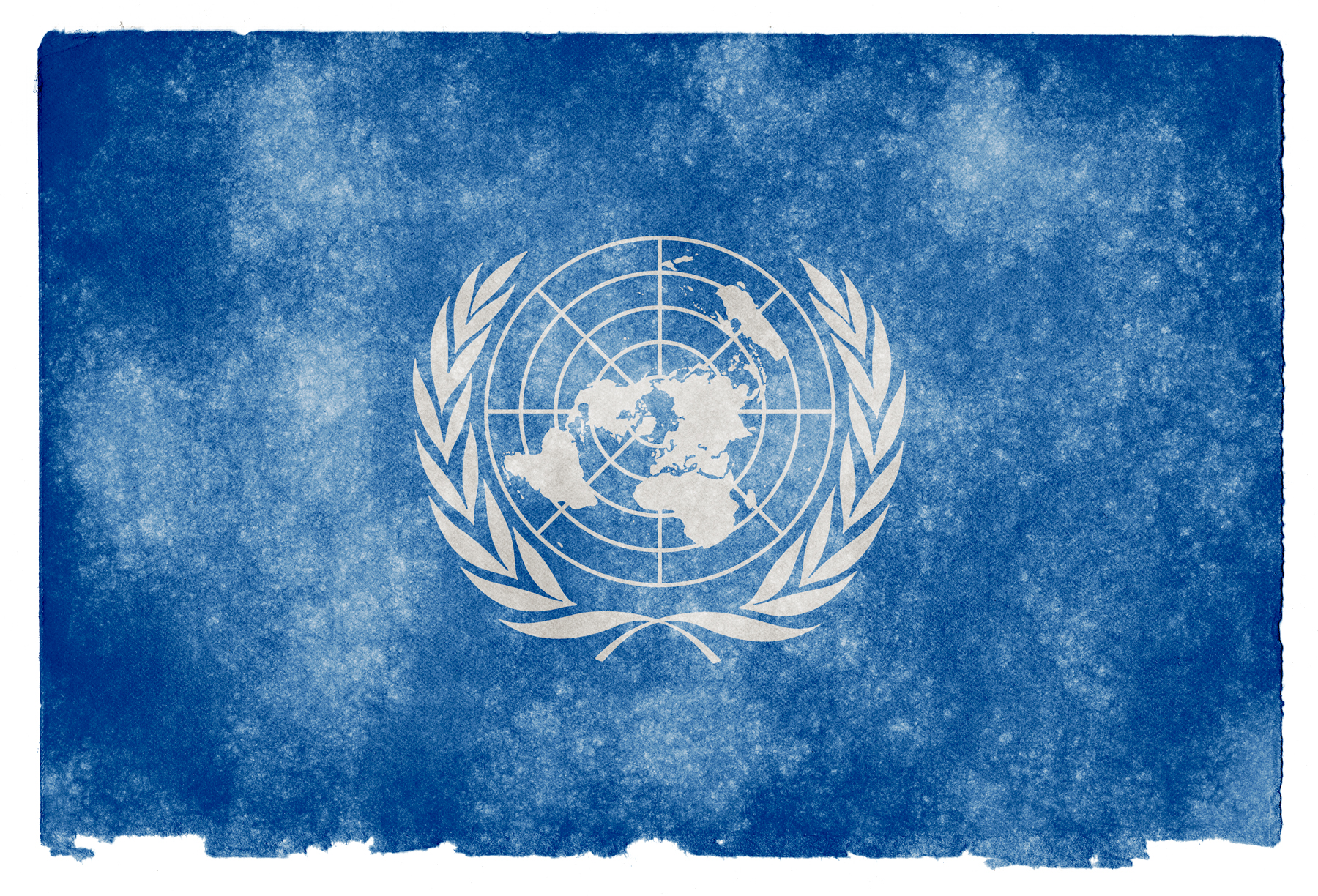
Sudan: UN Security Council must take urgent action to protect civilians
Over a hundred civil society groups and organisations urge the UN Security Council to take urgent action to protect civilians in Sudan. Read the joint letter below.
UN Web TV

UN Special Adviser on the prevention of genocide answers questions from governments and NGOs on UN committee’s historical referral of human rights situation of Uyghurs.
On 4 July 2023, the Special Adviser of the UN Secretary-General on the Prevention of Genocide, Alice Wairimu Nderitu, presented her latest report to the Human Rights Council, the UN’s top decision-making body on human rights. Wairimu Nderitu leads the joint UN Office on Genocide Prevention and the Responsibility to Protect.
In a November 2022 landmark ruling, the Committee on the Elimination of Racial Discrimination (CERD) had strongly condemned China’s persecution of Uyghurs, and decided, for the first time ever, to refer the situation to the UN Special Adviser on the Responsibility to Protect, who integrates the joint UN Office. Calling on China to immediately release all those held or disappeared in detention facilities, fully review its national security legal framework, and stop intimidating Uyghurs abroad, the Committee also reminded governments of their responsibility to put an end to the most serious human rights violations wherever they occur, in particular racial discrimination.
During the biennial dialogue between governments, NGOs and Special Adviser Wairimu, the delegations of Australia, Liechtenstein, the United Kingdom and the United States asked the Special Adviser about steps taken by the joint UN Office to address the CERD’s referral. Questions about the follow-up to referrals and recommendations made by UN human rights treaty bodies (Treaty Bodies) were also raised by Denmark on behalf of the Nordic and Baltic countries, and Costa Rica on behalf of the 56 countries that compose the Group of Friends on the Responsibility to Protect.
In a statement to the Human Rights Council, ISHR yet regretted that the joint UN Office had neither acknowledged the CERD’s referral over the past seven months nor acted upon it publicly. ISHR recalled the findings of the Office of the High Commissioner for Human Rights (OHCHR), and of the UN Special Rapporteur on slavery, on possible crimes against humanity committed by the Chinese government against Uyghurs and Muslim minorities. Grave concerns over violations against Uyghurs have equally been raised in reports of the International Labour Organisation (ILO), UN Treaty Bodies and Special Procedures; while the Uyghur Tribunal – a people’s tribunal headed by Milosevic’s former prosecutor – concluded to the commission of genocide via measures to prevent Uyghur births.
Access here the written versions of the statement in English and Chinese.
The statement’s delivery was briefly interrupted by a point of order raised by the Chinese delegation, who asked the Council’s President to prevent ISHR from speaking, alleging the use of ‘insulting words to viciously attack and discredit China.’ Exercising its right of reply after the conclusion of the dialogue, the Chinese delegation accused again ISHR of a ‘sinister plot of using human rights as a tool to contain and suppress China’. The Chinese representative further stated that China ‘will never accept’ the CERD’s decision for being ‘based on false information fabricated by anti-China forces.’
China’s attempt to silence civil society is not only regrettable, but also vain. The UN human rights system has shown resilience against the influence of powerful abusers. We look forward to the UN Special Adviser demonstrating such independence and resilience in fulfilling its mandate.Raphael Viana David, ISHR Programme Manager (China and Latin America)
In her concluding remarks, Special Adviser Wairimu said to be ‘aware’ of the CERD’s decision, yet failed to answer questions about her Office’s plans to address the referral in substance. Instead, she focused her response on a matter of interpretation of the CERD’s working methods.
The UN’s genocide-prevention office plays a crucial role in upholding the commitment of the international community to ‘never again’ allow atrocity crimes to happen. China is no exception: any preferential treatment to a major power would weaken this carefully-crafted prevention architecture.Dolkun Isa, President of the World Uyghur Congress
Opening the 53rd session of the Human Rights Council on 19 June, High Commissioner Volker Türk echoed concerns by UN Treaty Bodies on ‘the National Security Law in Hong Kong; discrimination against Uyghurs and other Muslim minorities in Xinjiang; assimilation policies that undermine the identity of minorities, including Tibetan people; as well as restrictions on the civic space.’ He declared to be seeking ‘further engagement with China’ while encouraging the government to seek expertise from UN ‘Special Procedures’ experts.
During a dialogue with the High Commissioner, Luxemburg and the UK encouraged China to allow the establishment of an OHCHR office in the country, in line with the High Commissioner’s call for OHCHR offices to be established ‘everywhere’.
The European Union, Norway, Germany, France, Australia, Finland, the United Kingdom (UK) and Sweden called on China to cooperate with the OHCHR and implement the OHCHR’s Xinjiang report recommendations. Concerns about the situation in the Uyghur region were also raised by Czechia, Switzerland and New Zealand, while Türkiye reiterated its ‘ongoing engagement regarding the protection of the rights and freedoms of Uyghur Turks and other Muslim minorities.’
The Australian delegation expressed ‘deep concerns about the [Committee on the Elimination of Discrimination Against Women] CEDAW’s findings on the treatment of women in Xinjiang and Tibet.’ Germany, Czechia, the UK, Switzerland and Sweden similarly raised the human rights situation in Tibet in their statements to the Council.
The Netherlands raised concerns at the safety of journalists in China, while the United States (US) denounced the ‘unjust detention and sentencing of human rights defenders Xu Zhiyong and Ding Jiaxi’. The US and the UK also condemned the prosecution of Jimmy Lai, barrister Chow Hang-Tung and peaceful protestors under the National Security Law in Hong Kong. A week ago, the UN Working Group on Arbitrary Detention made public its latest legal opinion determining Chow Hang-Tung’s detention to be arbitrary. Austria similarly called on China to ‘drop charges against individuals prosecuted solely for advocating for their fundamental human rights.’
At the same occasion, the US delivered a joint statement on behalf of 65 countries urging for the preservation of cultural sites, expressing concern that ‘in some parts of the world, government laws and policies specifically restrict and suppress practices that are part of Muslim religious practice, identity and cultural life, and that authorities destroy mosques, cemeteries, and places of worship.’
This declaration sent a clear signal from across all continents that cultural destruction is impermissible, in China and everywhere. Yet, States must be crystal-clear at the Human Rights Council and elsewhere: to be a credible power, the Chinese government must implement pressing UN recommendations on Xinjiang, Tibet, Hong Kong, and human rights defenders.Raphael Viana David, ISHR Programme Manager (China and Latin America)
In another dialogue at the Human Rights Council, the UN Special Rapporteur on the independence of judges and lawyers recalled letters sent to China on the ‘impact of national security legislation, the ordinance on the legal profession and the banning of foreign lawyers for the Hong Kong SAR [which] may have on the right to a fair trial.’
In response, NGOs, including the International Bar Association Human Rights Institute, Lawyers for Lawyers, and Lawyers’ Rights Watch Canada, raised the alarm at the new wave of attacks against Chinese human rights lawyers, known as ‘709 crackdown 2.0’ – in reference to the July 2015 ‘709 Crackdown’ against lawyers and legal professionals.
On the 8th anniversary of the ‘709 Crackdown’, on 9 July 2023, over 60 human rights groups, bar associations, scholars and activists urged global attention in a joint statement to the Chinese government’s new wave of repression against human rights lawyers.
In light with objective criteria for action by the Human Rights Council, ISHR calls on:

Over a hundred civil society groups and organisations urge the UN Security Council to take urgent action to protect civilians in Sudan. Read the joint letter below.

In a series of groundbreaking rulings in early 2024, the Inter-American Court of Human Rights and the Constitutional Court of Colombia set new precedents that significantly enhance protections for human rights defenders across Latin America.

In the face of multiple human rights crisis in the region, as well as significant political changes, defenders spoke at the Human Rights Council’s 55th session about the realities they have faced, calling for greater action and new mechanisms, and noting that political expediency shouldn't trump the objective assessment of the need for Council action on country situations.